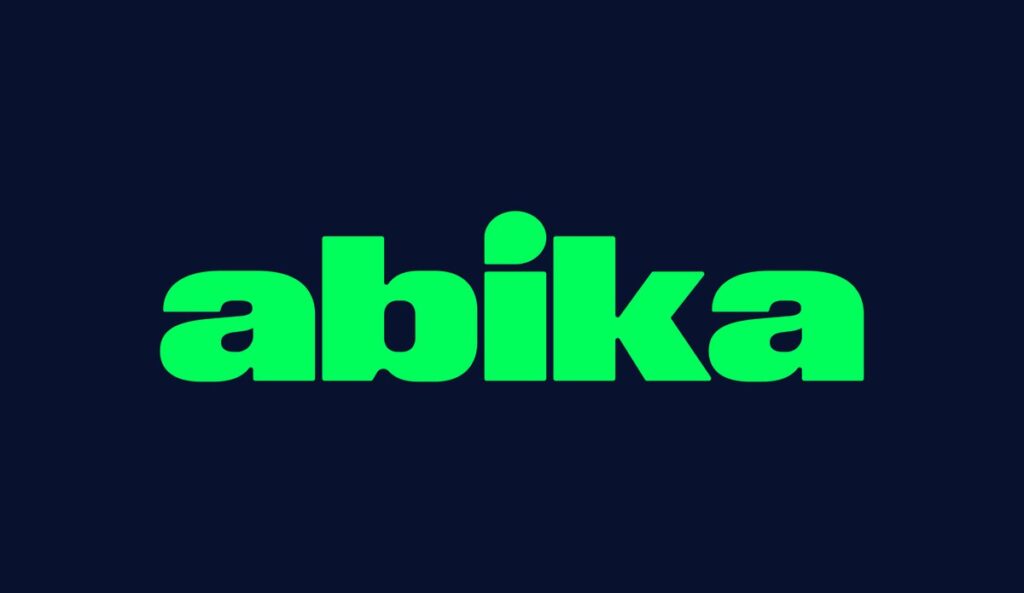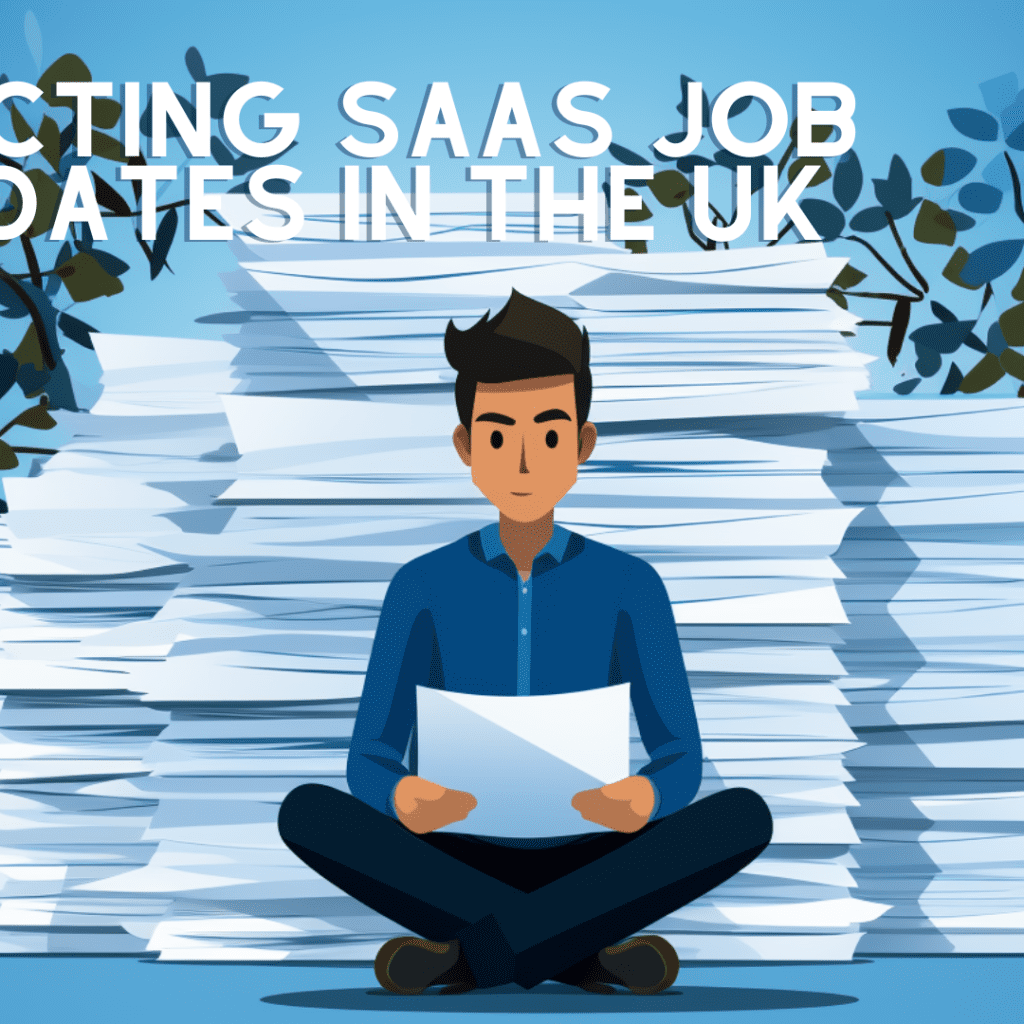What is SaaS? In today’s fast-paced and highly competitive business world, it won’t come as a surprise to learn that jobs in SaaS are among the most sought-after for those wanting to develop a lucrative career. In fact, when it comes to serious earning potential, SaaS jobs can be right up there with high-paying careers such as those in finance and law.
The best part of heading down a SaaS career path is that you don’t need to have extensive software development skills or have launched your own unicorn tech startup in order to succeed!
No…
The greatest weapons at your disposal for forging a rewarding and lucrative career in SaaS are great communication skills, the ability to network your butt off, and sales experience.
But what exactly is SaaS? What are the benefits? And what is the future looking like?
Abika Consulting takes a look…
What Is SaaS?
In a nutshell “what is SaaS”, SaaS (Software as a Service) is where, instead of downloading software on-premise to your PC or business network to run and update, you access the apps from any device via an internet connection and a web browser. Whether you work in an office or on the go, have your own business, or work from home, you would have undoubtedly used SaaS, whether in the form of a simple calendar app, an accounting app, or even a project management app.
You might know SaaS better as ‘web-based software’, ‘on-demand software’, or ‘hosted software’, but, regardless of what name it goes by, SaaS apps run in a SaaS provider’s servers – with that provider managing every aspect of the software including access and availability, security and performance.
This cloud-based way of doing things is so common now that over 60% of businesses use only web-based products.
But why so popular?
What Are The Advantages Of SaaS?
For SaaS customers, it’s really a no-brainer: with Saas there’s no software or hardware to buy, install, maintain and update – which is going to save you valuable time and energy that could be better spent elsewhere – plus, access is super-easy because all you need is an internet connection. In a weird twist, it’s the ‘needing an internet connection’ that is often cited as SaaS application’s one downfall. But, in this world of superfast broadband and high-speed mobile phone networks such as 5G, it’s pretty much a non-issue. In fact, there are even some SaaS applications that have an offline mode that still allow for basic functionality when you’re not connected to the internet.
Another big benefit of SaaS is that the upfront costs are lower than traditional software download and installation, which means a wider range of businesses can access them – no matter how big or how small! There’s no need to invest in an IT infrastructure that supports software across your whole business; even the smallest companies can have access to software tools that used to only be affordable for the big boys! With everyone from small startups to huge conglomerates being able to take advantage of this technology, it’s really no wonder that there’s no shortage of jobs in Saas out there!
The fact that SaaS apps run through an internet browser means it doesn’t matter which operating system you’re using. Whether your company is all using Windows, MAC, or even smartphones (running on Android or iOS)…sitting at your office PC or working on the train from your phone or iPad, the apps are still accessible – pretty handy when a vast amount of us are now working from home or on the move. Another huge advantage is that you no longer have to invest in reliable backups to safeguard against lost data or a hardware crash. You and your employees can switch between devices whenever the mood strikes or circumstances demand, without losing work by logging into a single account. Simplicity and efficiency at its very best.
What Does SaaS Look Like?
Software as a service has been the fastest-growing market segment since 2019, with a growth forecast in the billions so, not to put too fine a point on it – it’s looking pretty good! Today, businesses are spending 50% more on this technology than they were in 2019, and they’re growing more and more reliant on SaaS as time goes on, a fact that was proven in January 2021 (during the pandemic when people were working from home), when a popular instant messaging platform went down, putting more than 12 million active daily users out of touch with coworkers and clients for over three hours. Panic ensued and the hilarious memes appeared online within moments of the platform’s demise.
Because of the stability and opportunities for growth within the industry, jobs in SaaS are one of the most sought-after business opportunities, and that doesn’t look set to change any time soon. Careers within SaaS include creating, developing, hosting and updating the products themselves, as well as providing them to customers. And the best part is, you have access to a huge global market, so you’re not going to see your client pool suddenly dry up on you!
If you’re in SaaS, you’ve got the option to be in it for the long haul.
SaaS For SMB
We’ve already mentioned that the great thing about SaaS is that it’s accessible to all. So, what can you expect if you’re working for an SMB SaaS company?
First off, you’re selling to a highly fragmented market. Selling software to small to midsize businesses means that you’re selling to companies with less than 500 employees, and with revenues somewhere under £100 million. Despite this, it would be a mistake to think that just because a business is smaller it won’t survive, or that they are poor prospects for a recurring business model. It’s easy to think: ‘small business’, and envision a lone ranger working from their garage or spare bedroom, but that’s rarely the case. In fact, SMBs are one of the fastest growing in terms of interest and reliance on SaaS. And they hardly ever plan on staying small – making them a very valuable market to sell to.
Of course, in any sales job – and SaaS jobs are no different! – you need to know your audience, and the needs of an SMB are going to be different to the enterprise market (we’ll get to them in a bit). Aside from the fact that they’re working with smaller budgets, SMBs want products that will deliver maximum and immediate impact to their customers, with minimal effort. Their main interests are going to be survival, success and repeat business, so you need to keep that in mind when selling them software as a service.
Sure, you’re going to find the buying process with SMBs less defined and less content-intensive, but the good news is that it tends to be quicker – as there are going to be less people ‘sticking their oar in’ as it were, with generally only one or two people making the big decisions, rather than an entire board who all have an opinion. This means you’re going to see a lot more action as a salesperson than in an enterprise environment where 60% – 80% of the buying journey could already be completed before you’re even taken onboard.
Another great thing about working in SaaS for smaller businesses is that you can go old school – with the majority of SMB’s favouring phone calls and Facebook over Linkedin and email. Prospecting and contacting SMB buyers is simply a case of going back to basics:
- Find their website
- Find their email address and phone number (usually that of the owner)
- Give them a call/drop them an email
Easy peasy. At least compared to an enterprise where you might have to email back and forth with various departments before being granted an audience (or phone call) with the head honcho.
SaaS For Enterprise
If you’re looking for a SaaS job that offers more of a challenge, selling to enterprise customers is it. It’s stating the obvious, but enterprise deals are BIG compared to SaaS for SMBs, and the process is decidedly more arduous. On average it can take 6 to 18 months to close an enterprise deal, so it’s not for the faint-hearted or those who love instant results.
Where your SMB customers are concerned mainly with survival, enterprise customers are all about security, and having more control over users and data. If you can’t make it clear as a salesperson that you understand that, the deal is dead in the water. As we’ve already said, making first contact isn’t going to be as easy as with an SMB, so you’ll probably find yourself cold-emailing until you get your man/woman.
There are going to be a lot more people involved in the decision making too, and there’ll probably be several different voices challenging everything that makes Saas, well, SaaS…such as wanting customised versions of ready-made apps or wanting on-premise versions when SaaS is typically in the cloud.
When you think about how much growth a large enterprise client can bring to an SaaS business, the different approach and the extra time and patience could be well worth it. If your sales experience and patter is top-notch, and you could sell ice to penguins, a job in SaaS for enterprise could be the one for you.
What Is The Future Of SaaS?
Well, I think we’ve established that SaaS isn’t going anywhere, especially with more and more businesses moving their software from on-premise to the cloud with the advent of the ‘new normal’.
But, even though we can admit that the pandemic was a contributing factor in the SaaS popularity, it was really only ever going one way thanks to faster and more reliable internet, as well as easier access to multiple markets paving the way for a new generation of SaaS tools.
Companies large and small are constantly in need of new solutions to solve problems with CRM, accounting, ordering, shipping…and everything in between – great news for those in SaaS sales who continue to find themselves with a large and captive audience who are eager to makes their sales and communications processes, recordkeeping, and other functions as smooth and simple as possible.
In short, SaaS is here to stay, and a career in Saas is as rewarding as it is profitable, being fast-paced, exciting, well-established – and one where sales representatives have the opportunity to make high commissions.
If you’re interested in SaaS jobs, or if you’re looking for someone talented and dynamic to join your SaaS sales team, we’d love to hear from you. At Abika we specialise in matching our clients with the ideal candidate so that businesses and careers can flourish together.





